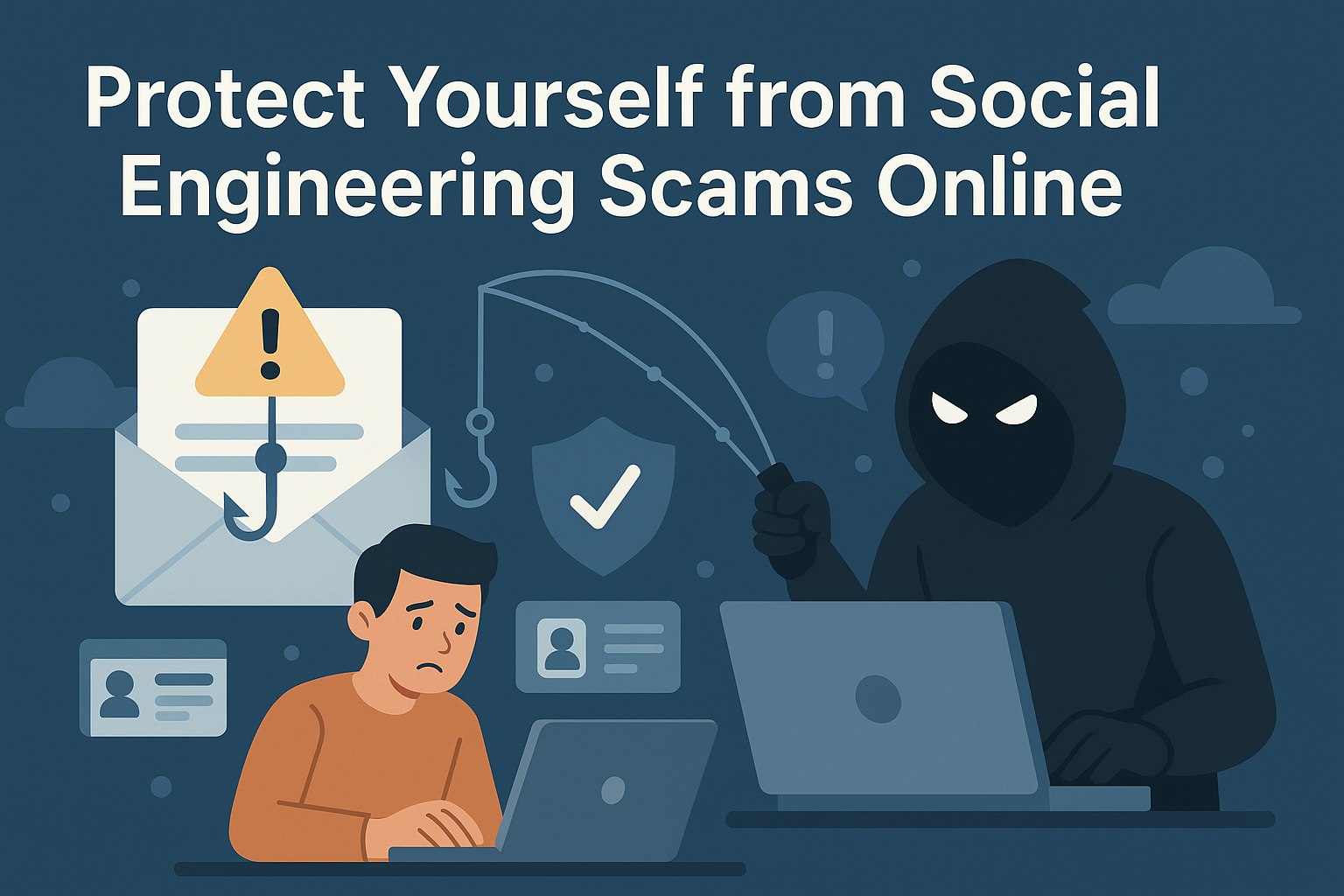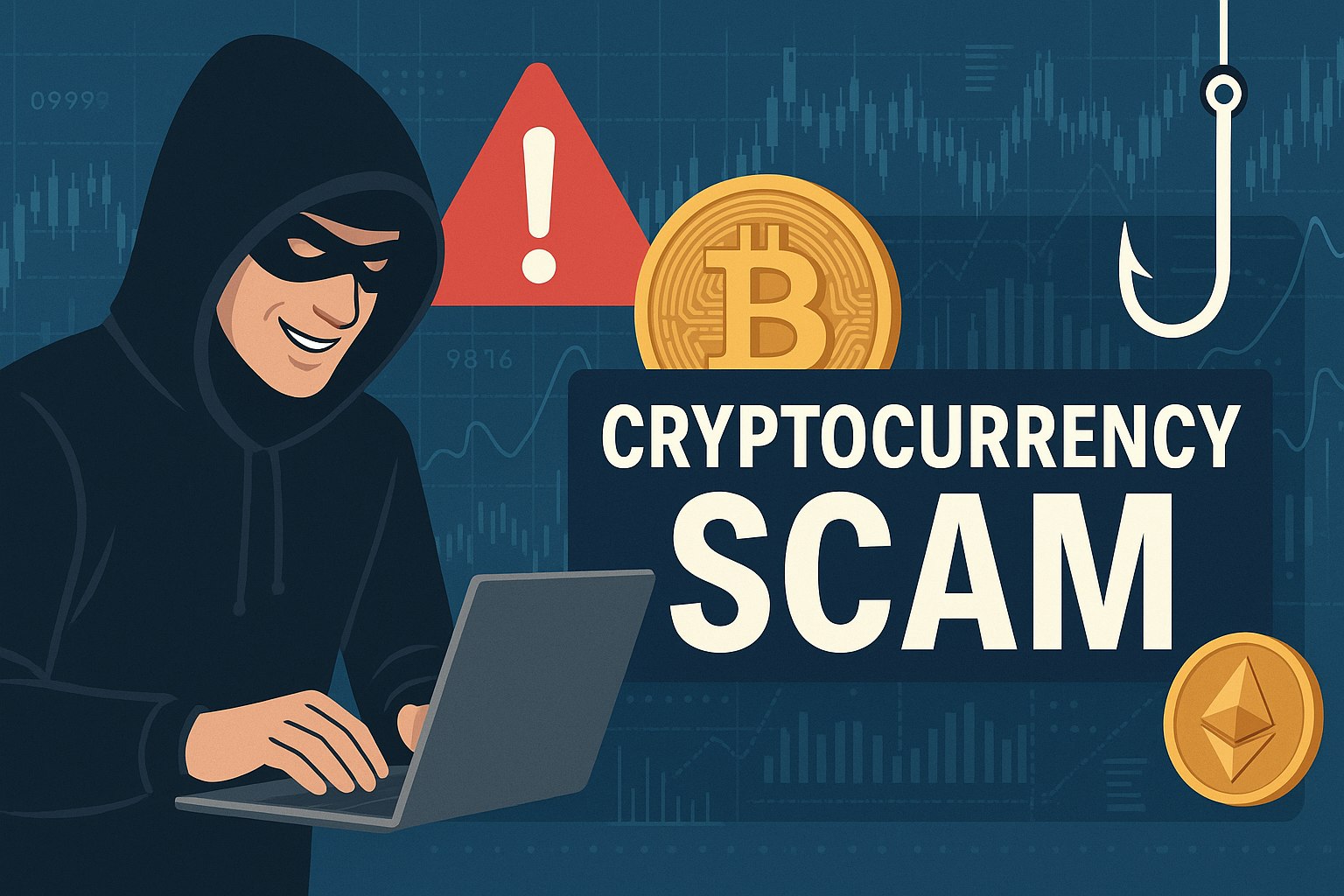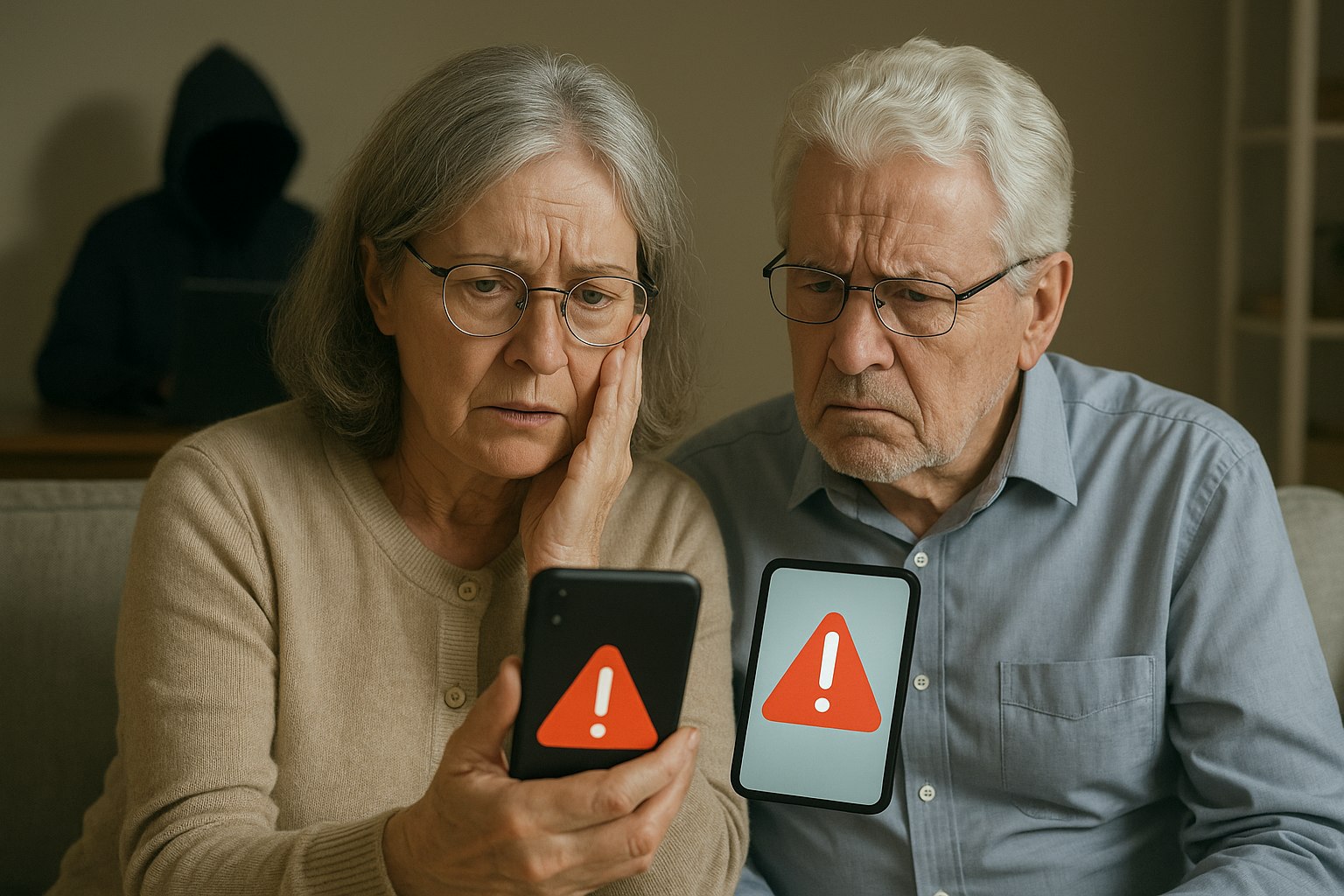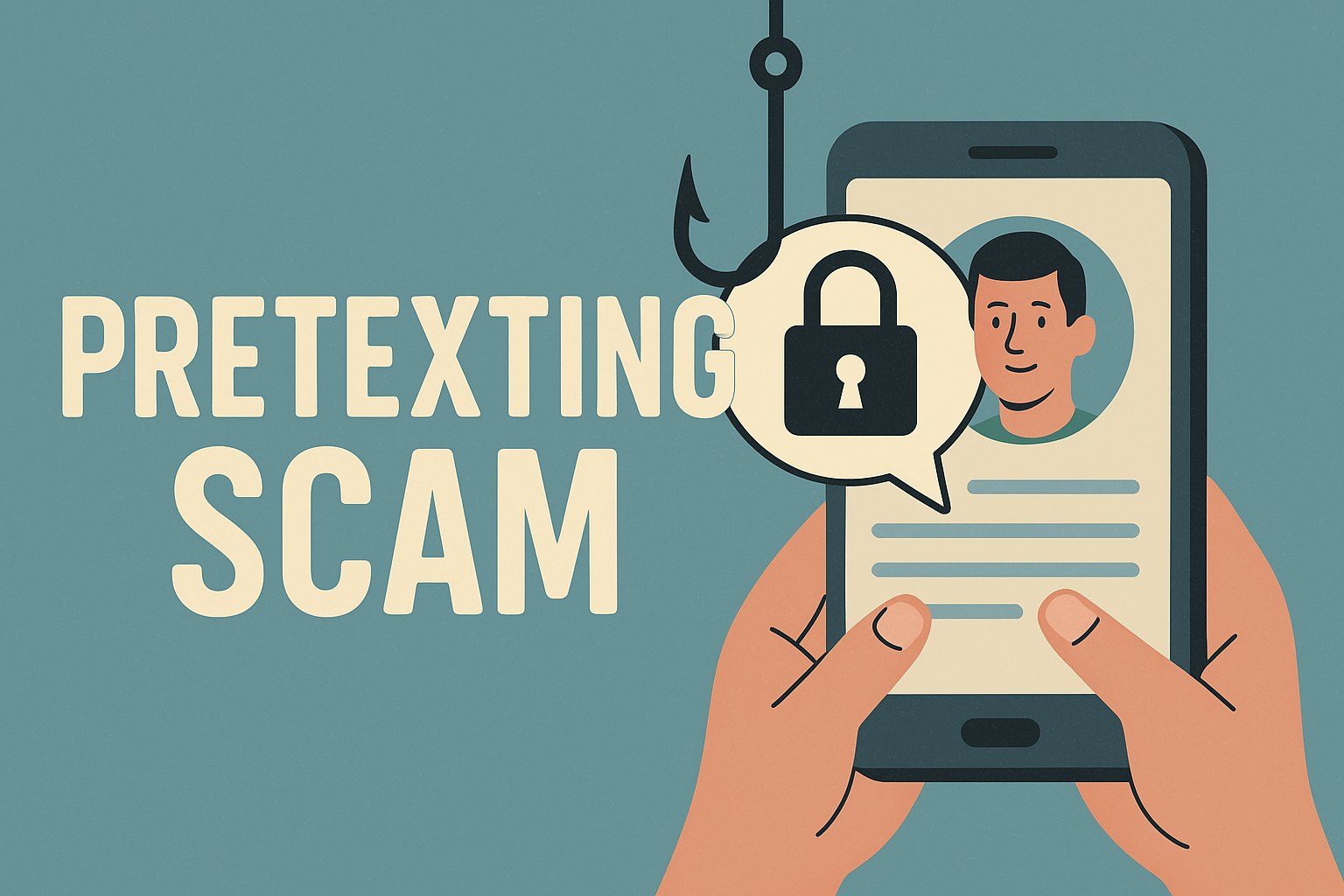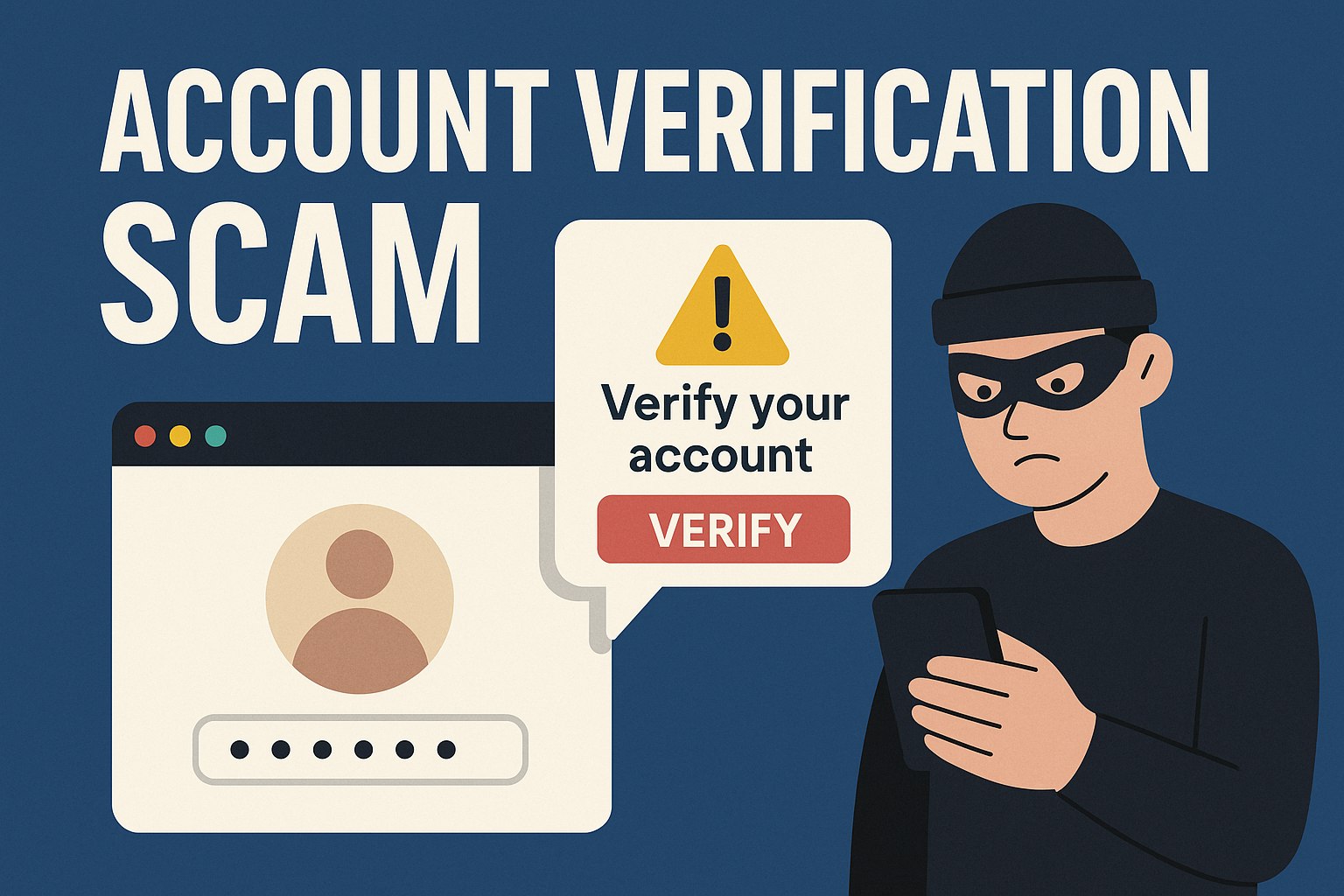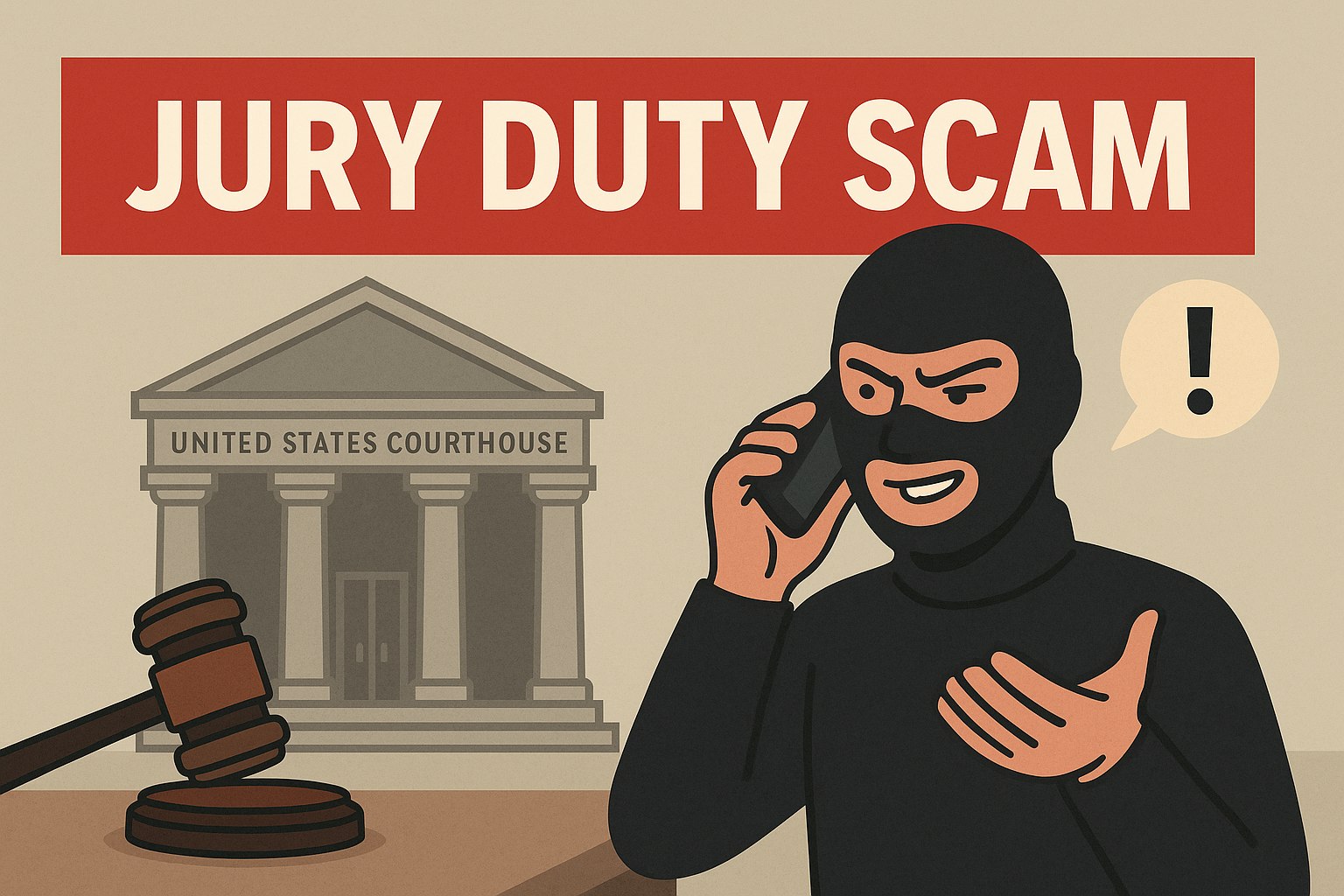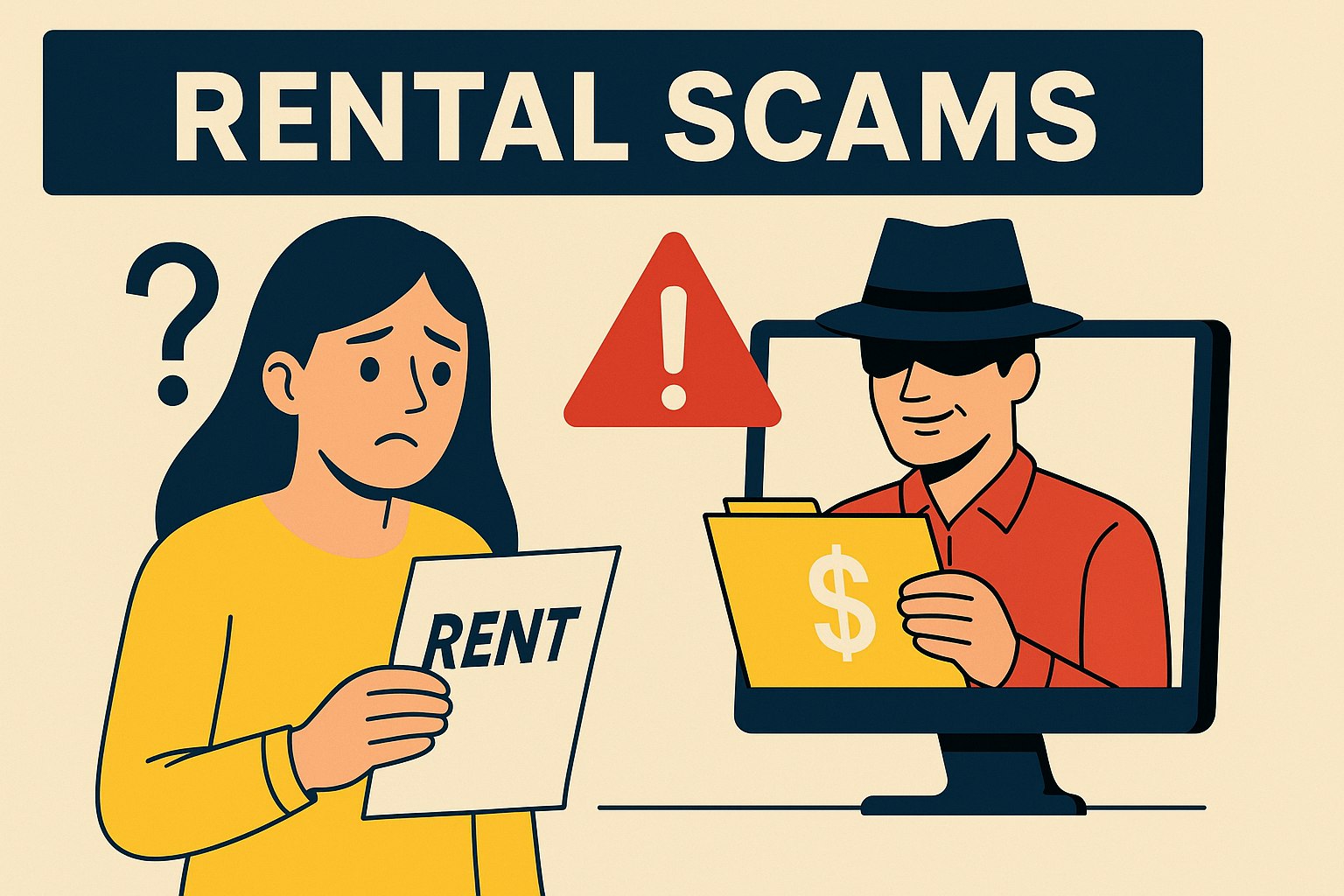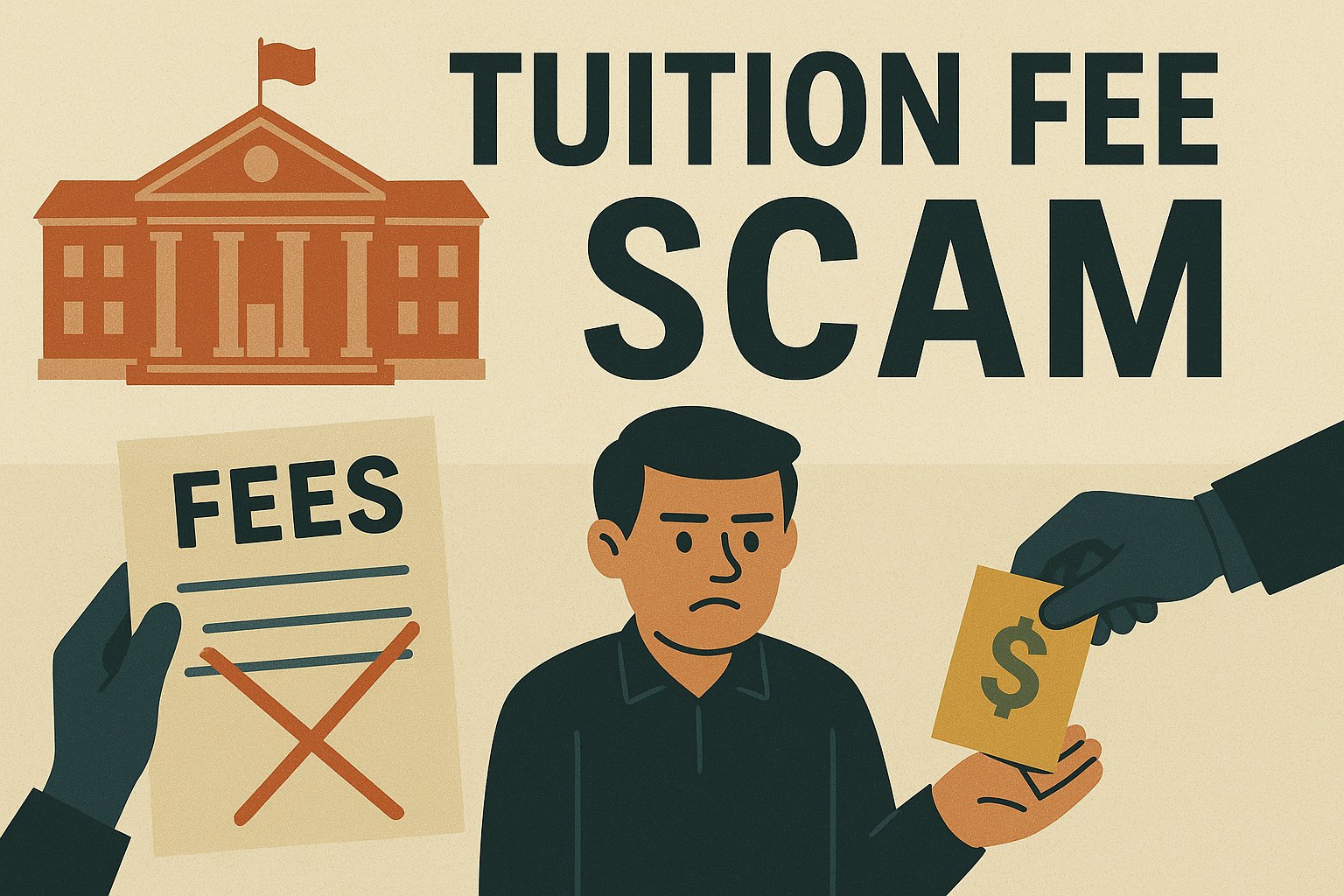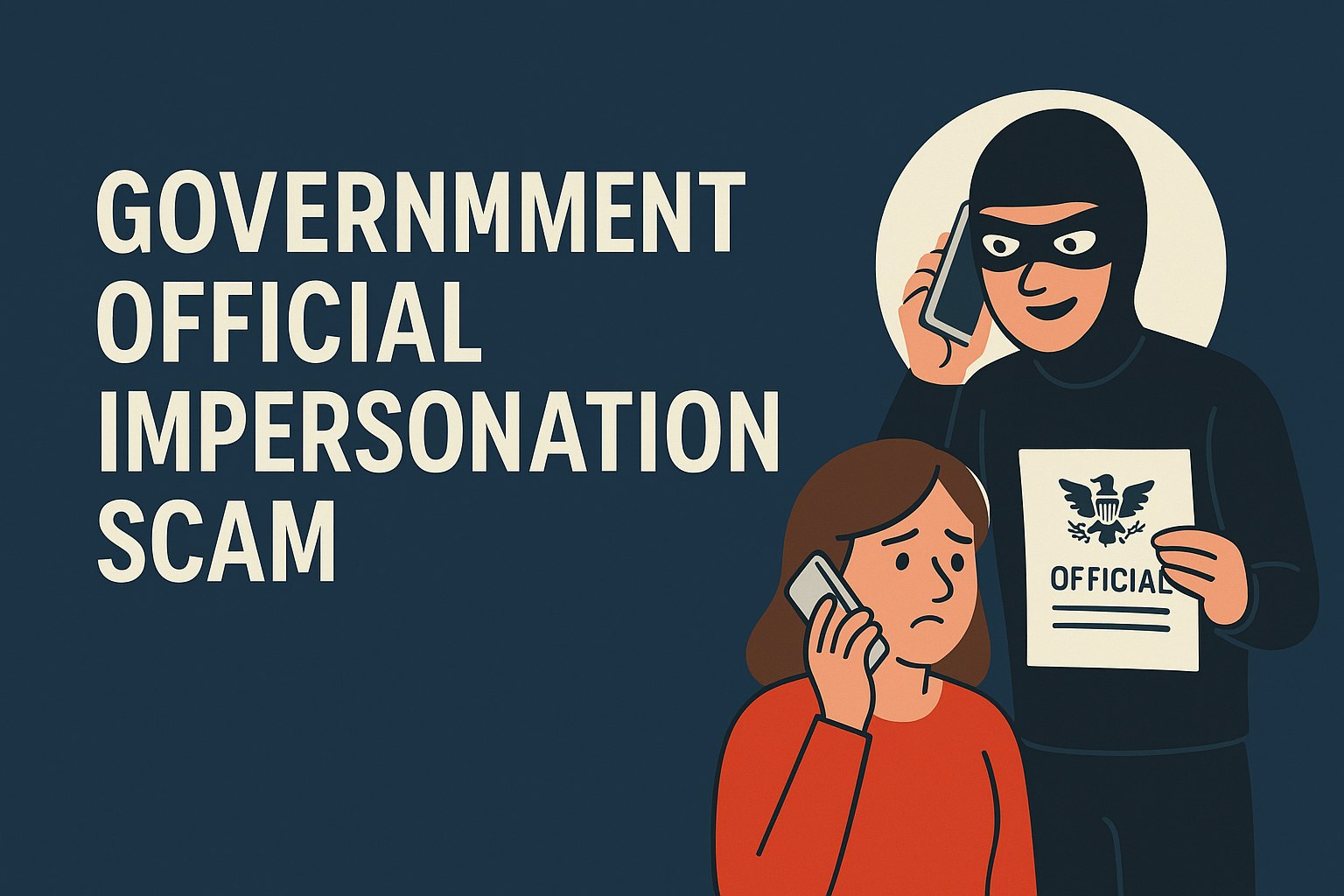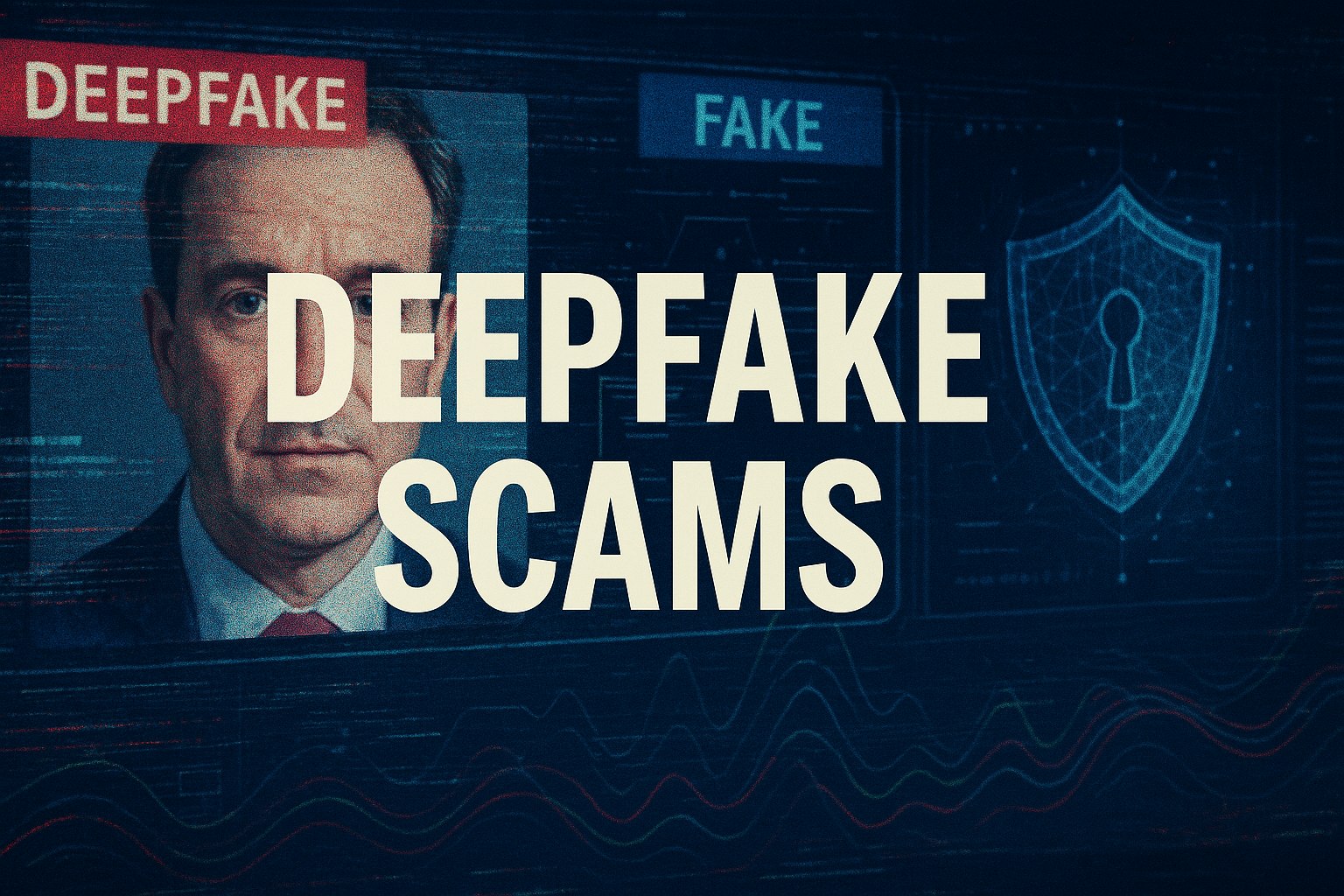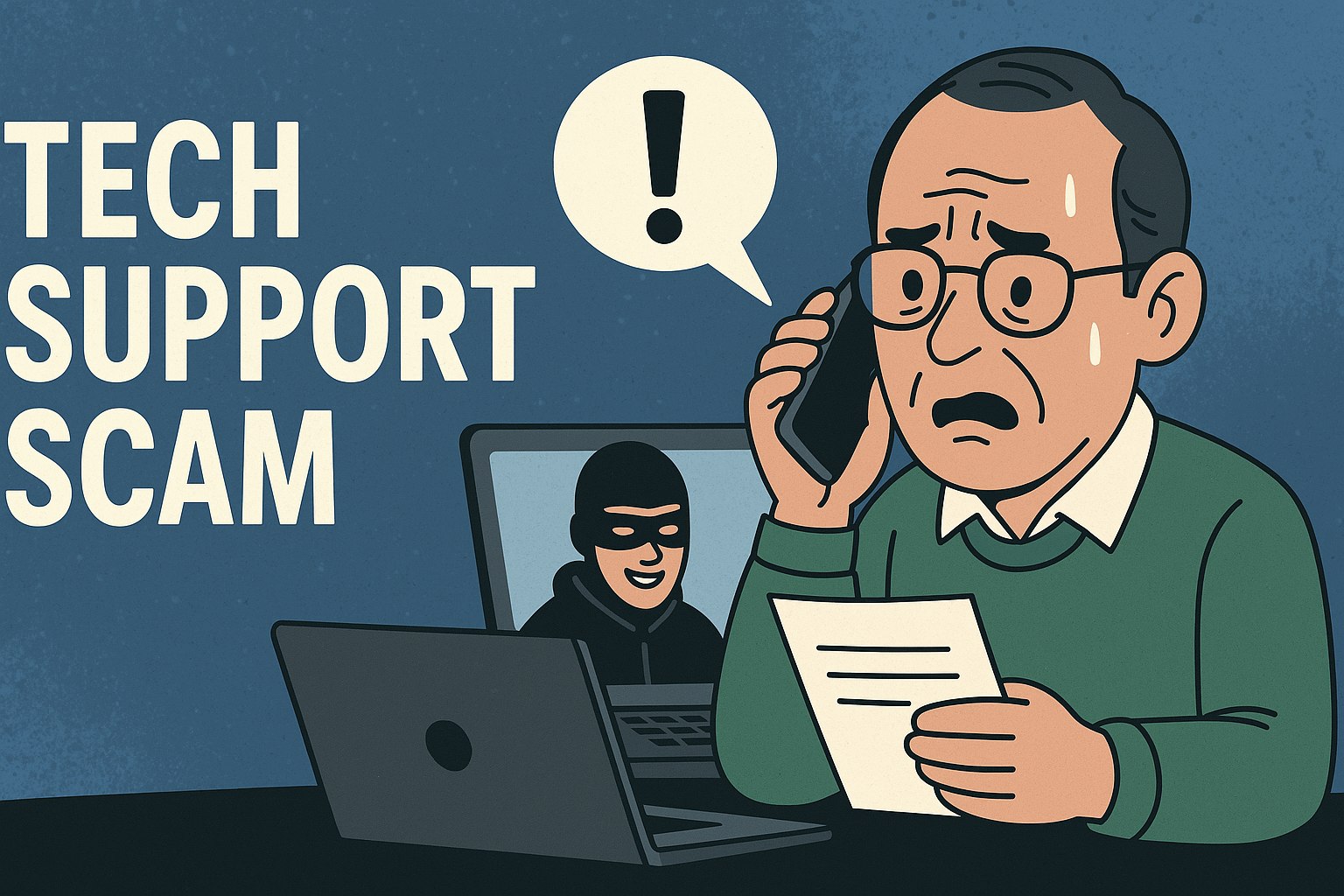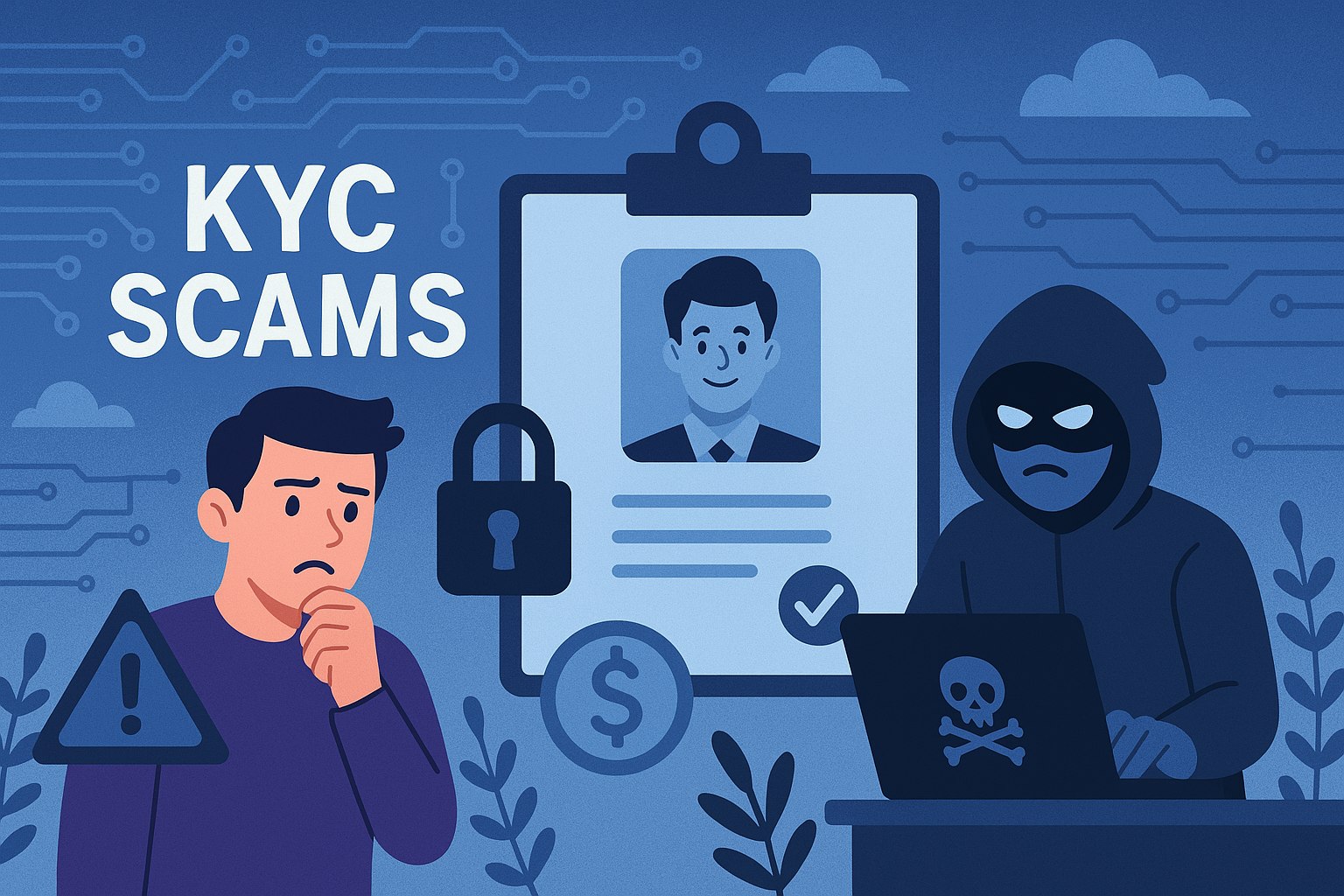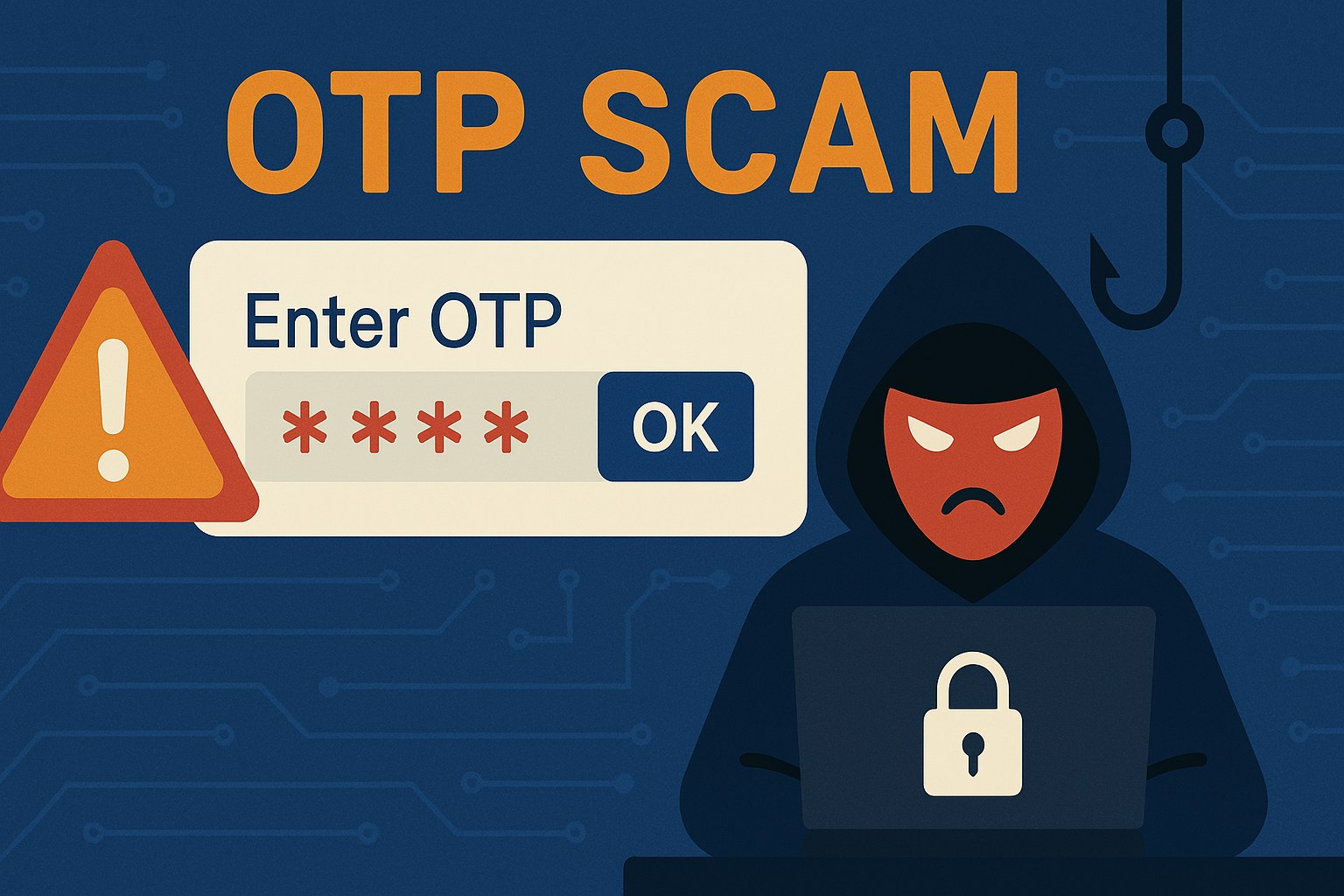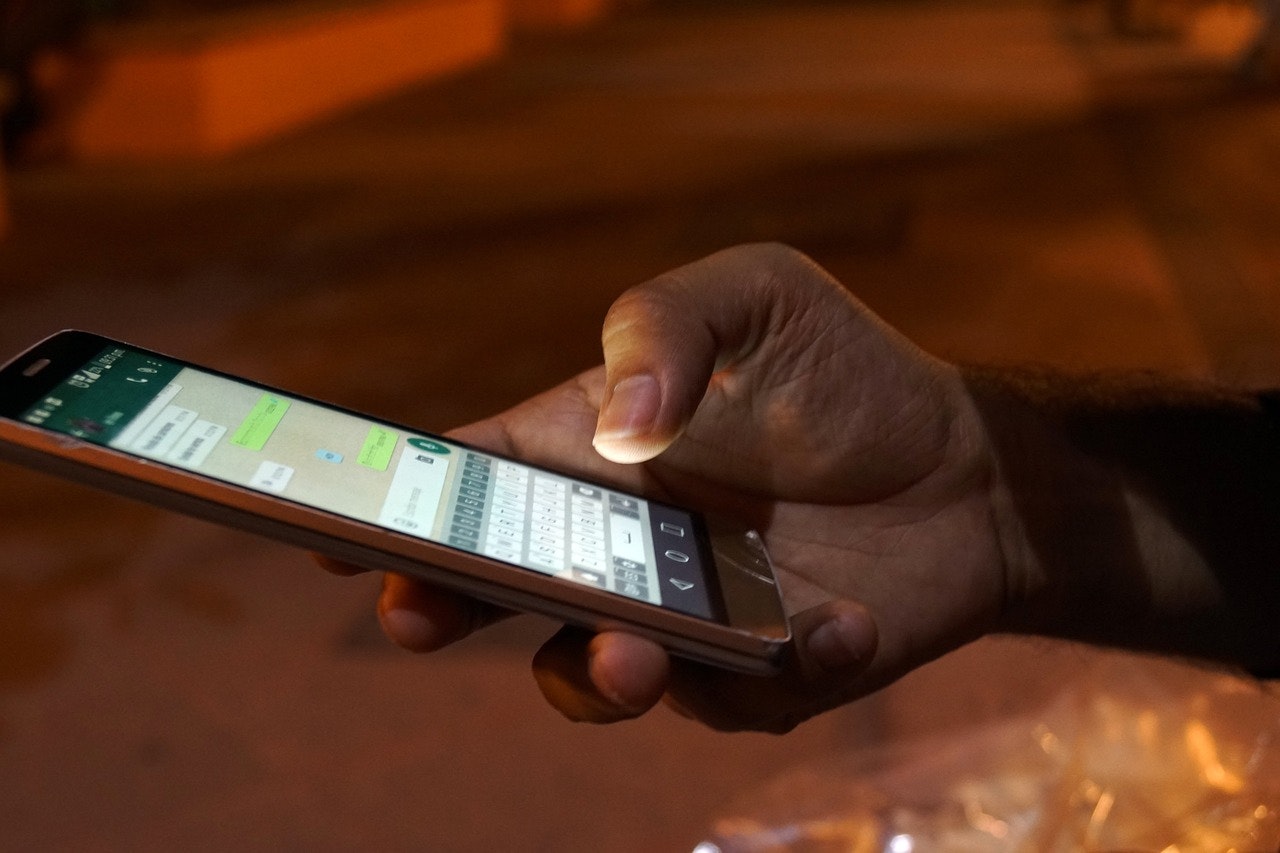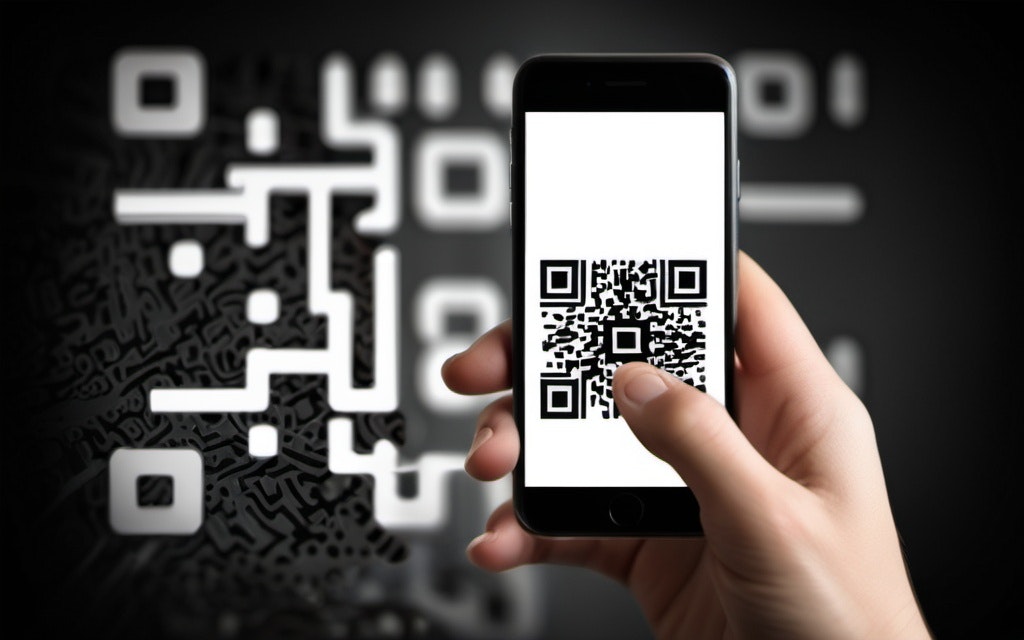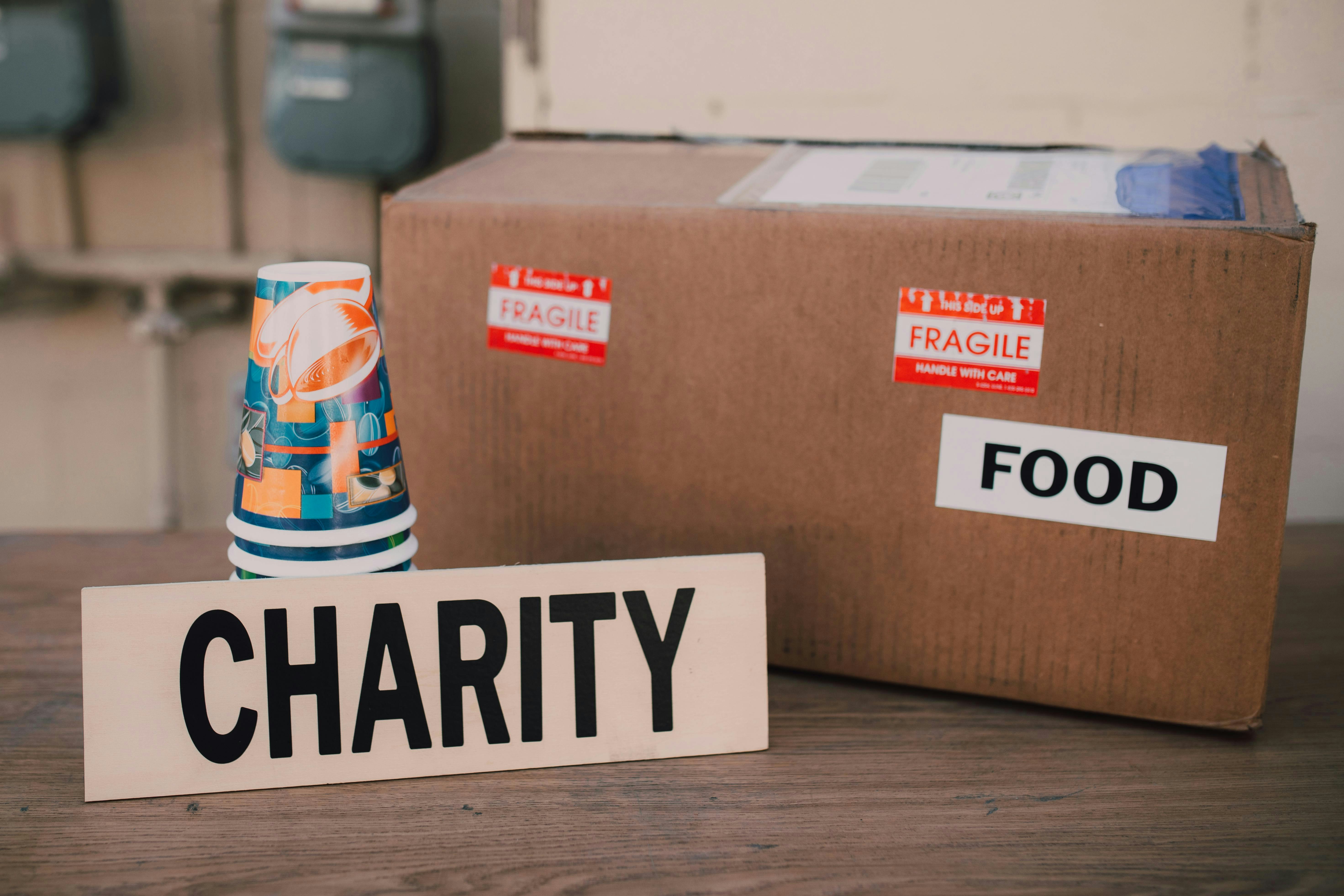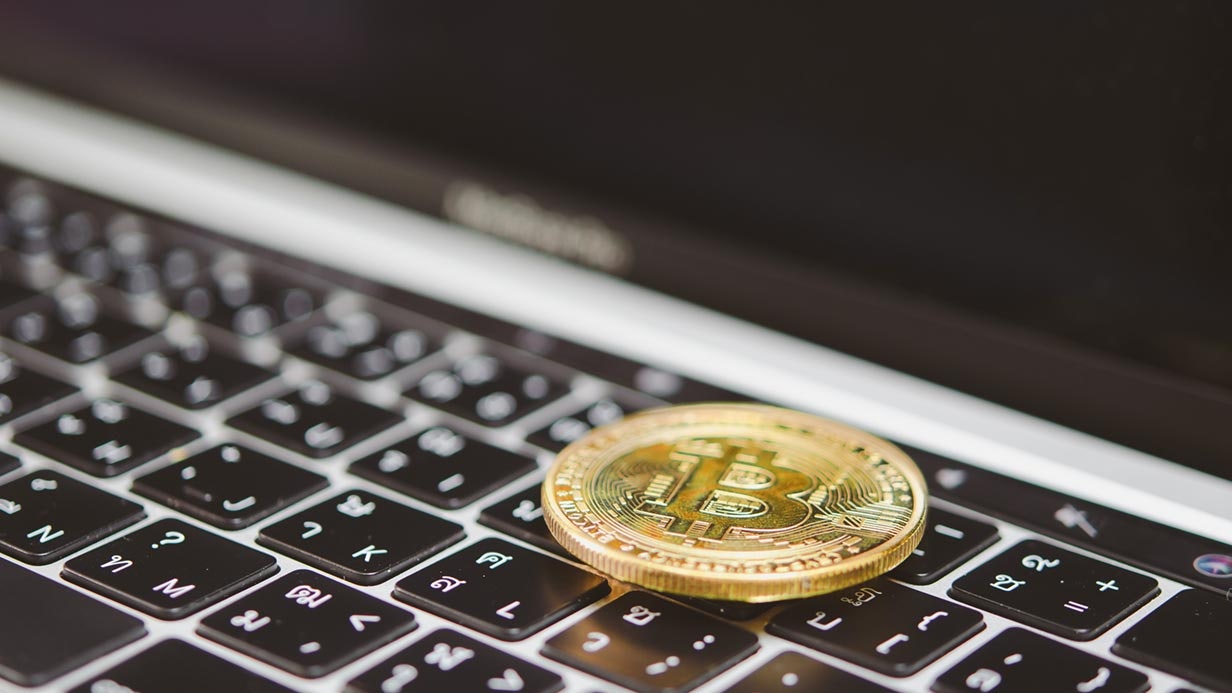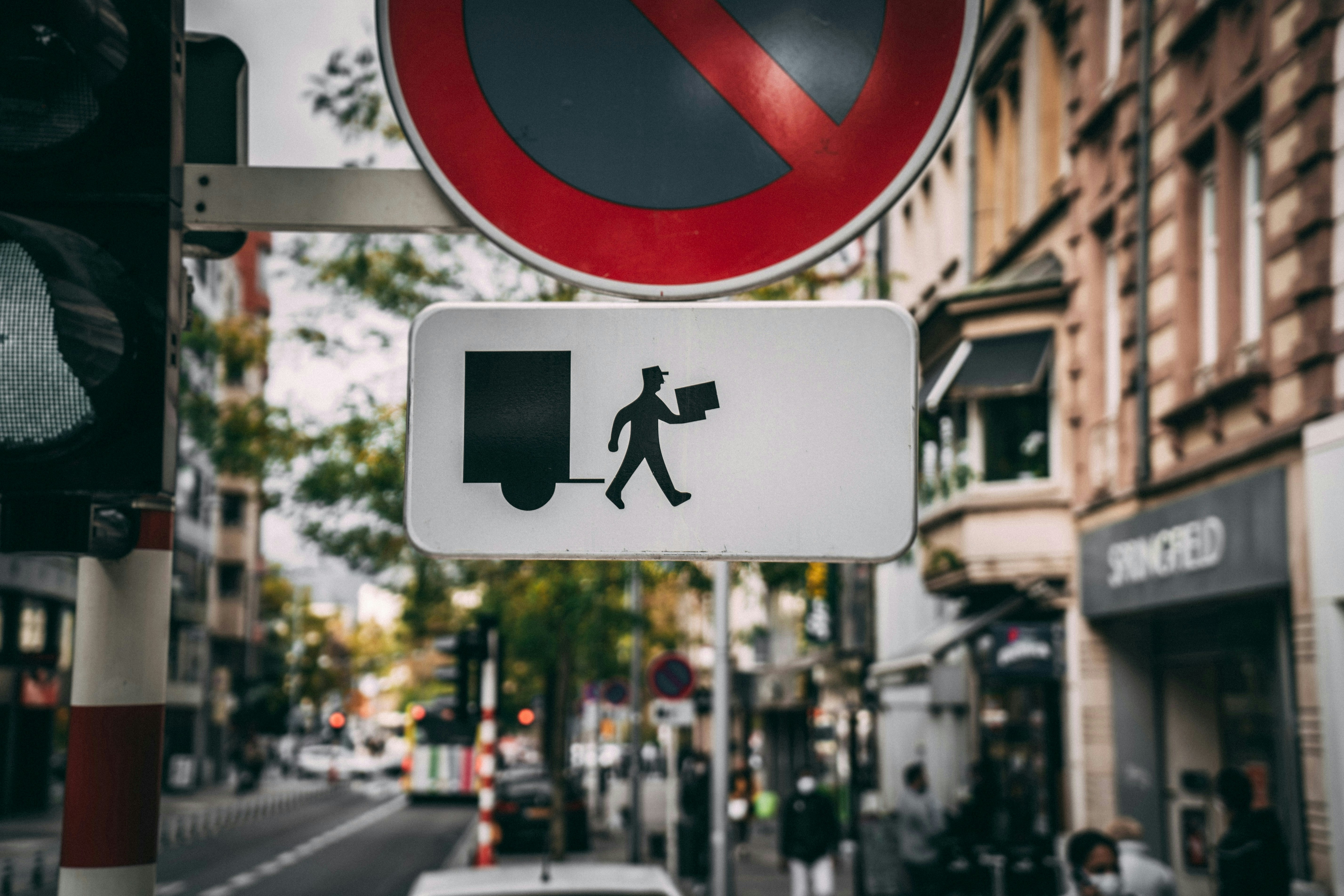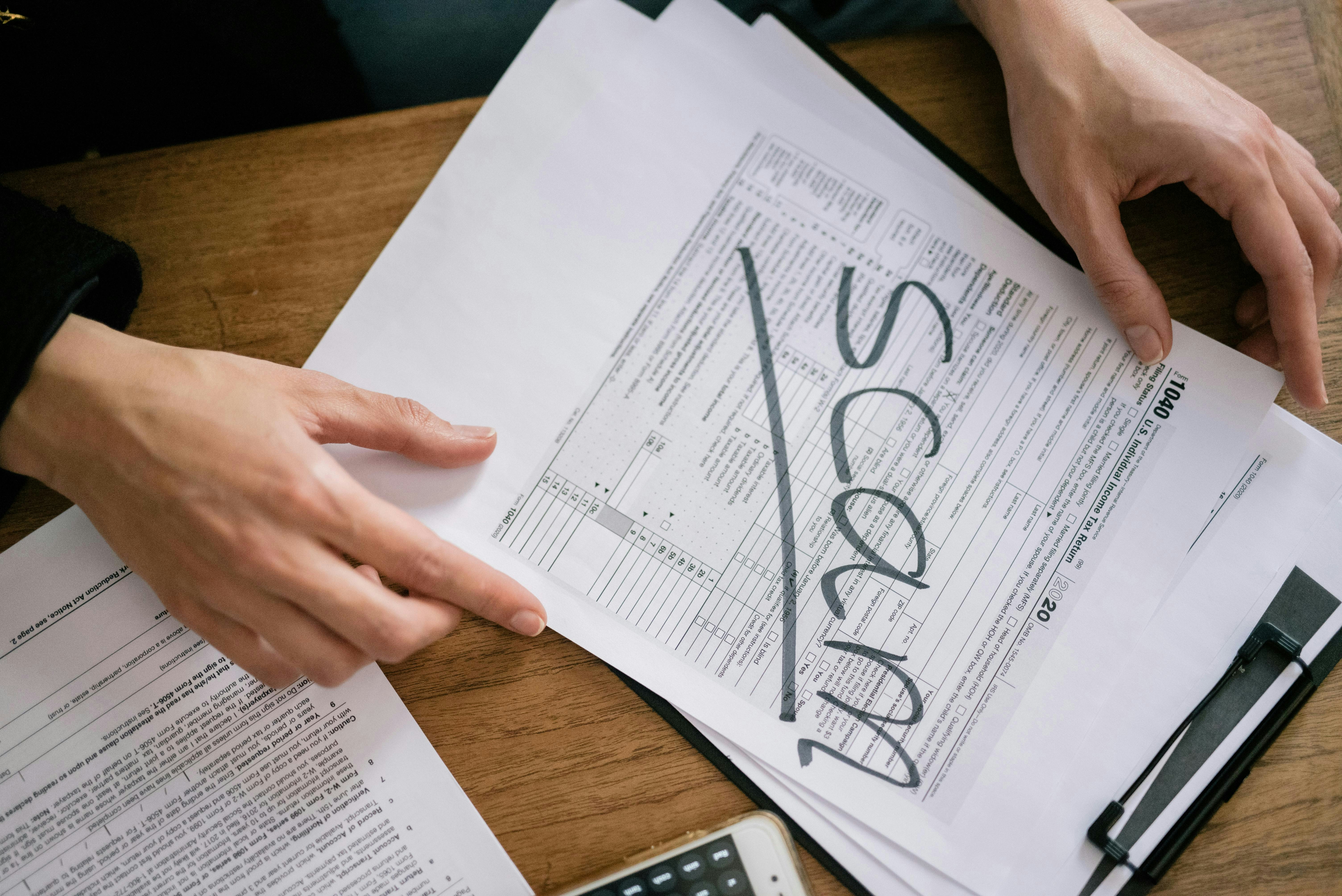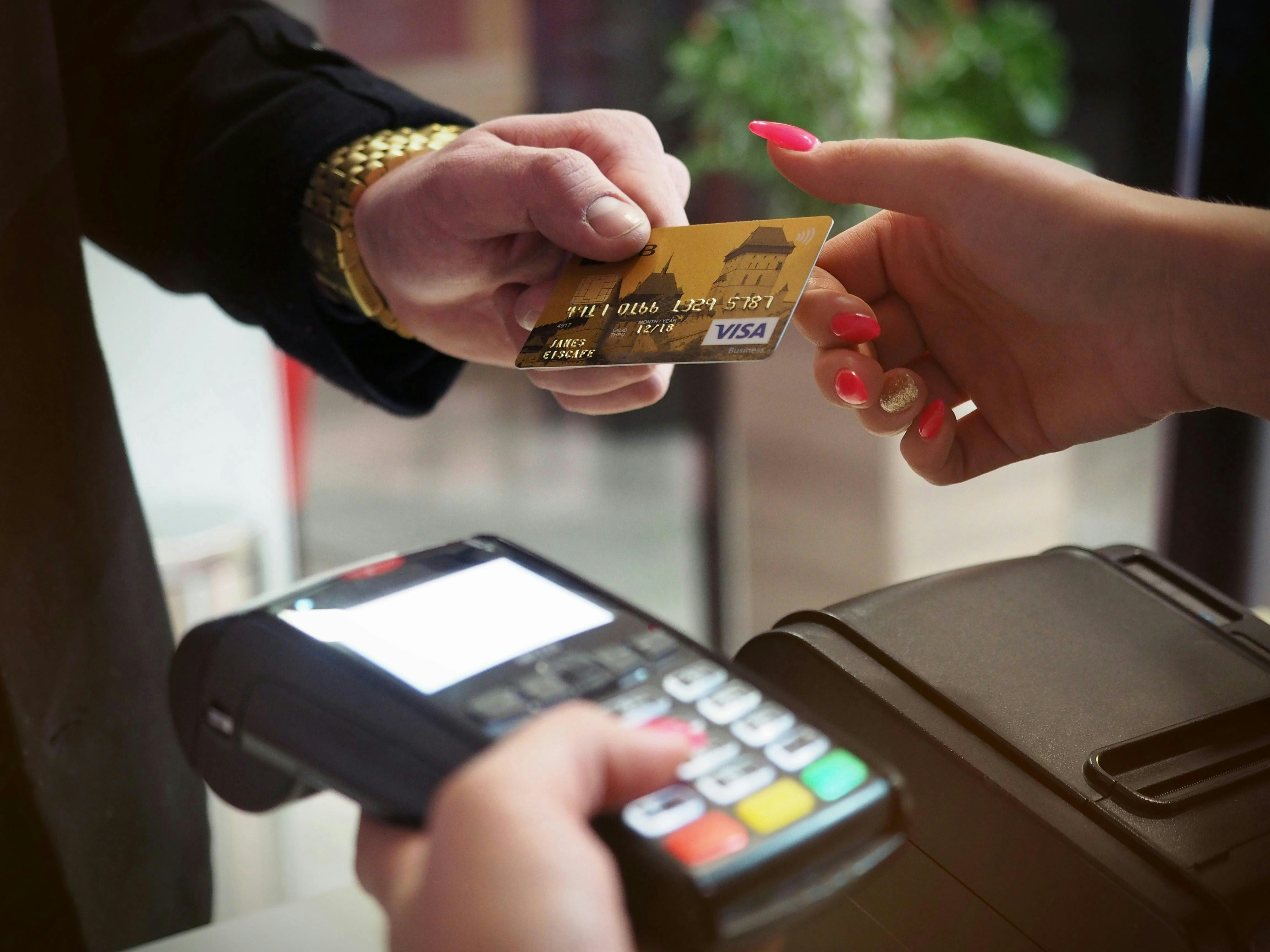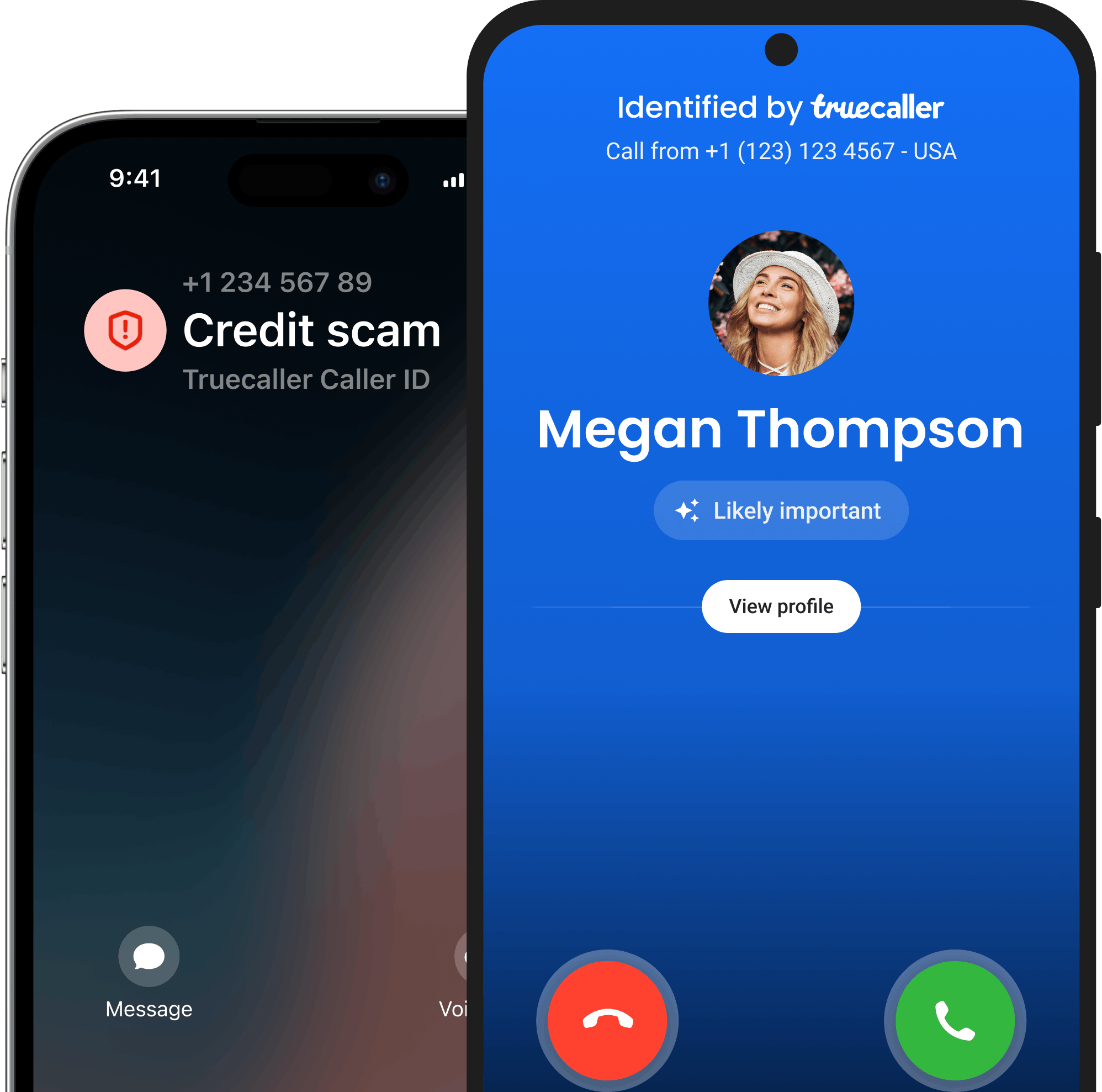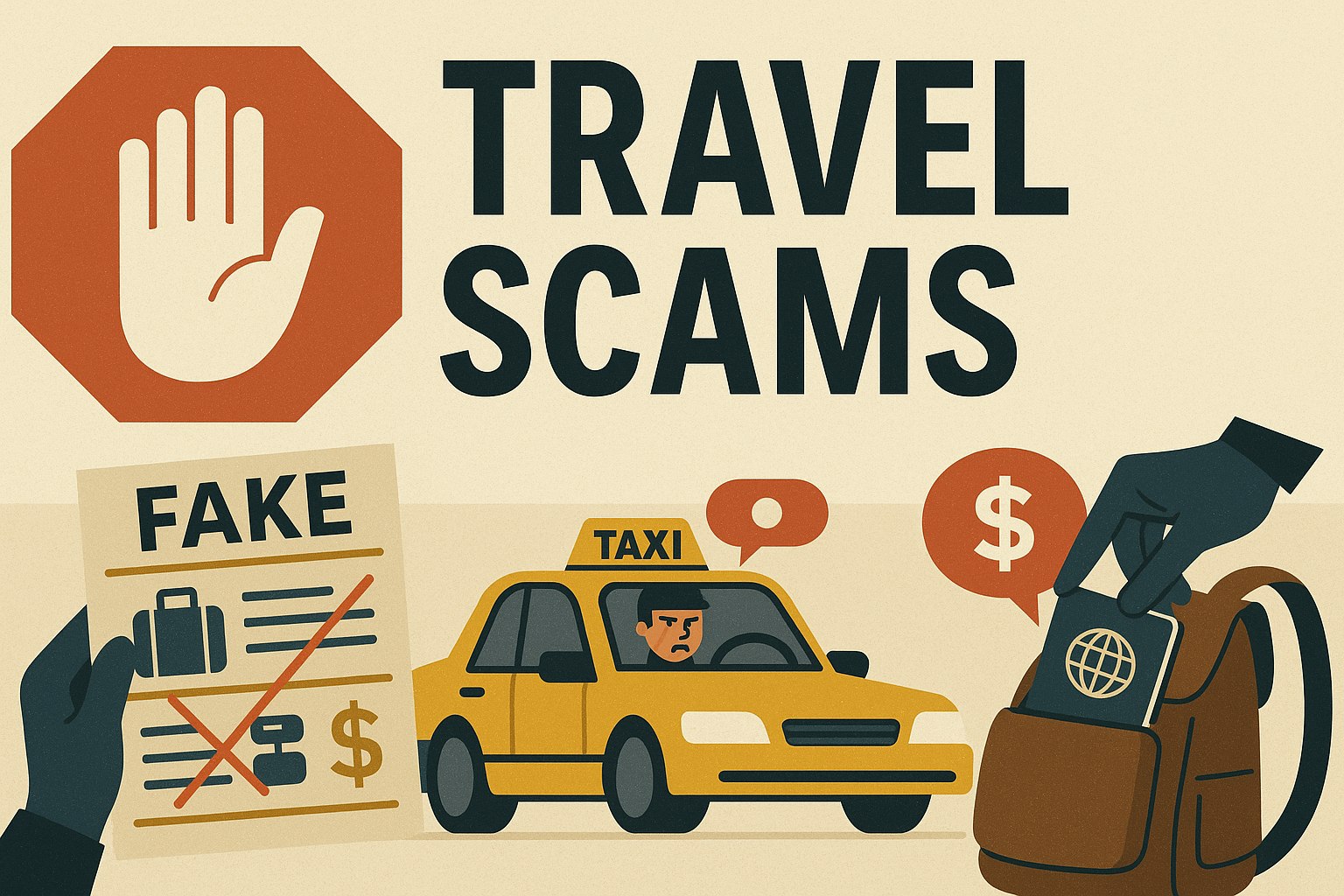
Travel Scam
What are travel scams?
Travel scams happen when scammers cheat tourists by offering bogus vacation deals or services, or steal their money, personal information, and valuables through unfair practices. Fraudsters also deceive tourists by distracting them and selling counterfeit bills or tickets, ultimately ruining travel plans or leading to a loss of time and money. Dealing with such scams becomes even more complicated while traveling abroad.
Common travel scams in the world
Scammers create fake home listings and advertise them as their own. The deals seem convincing and you book the property. However, upon arrival, you may find that the home is already occupied by other guests, leaving you stranded with no place to stay and your money gone. In some cases, scammers don’t even copy existing listings—they simply create new ones with believable images to cheat potential renters.
This is one of the common scams where taxi drivers use various tricks to overcharge passengers. They may take a longer route, use manipulated meters, or refuse to follow the meter at all. In some cases, dishonest drivers take unsuspecting passengers to a secluded area and demand money, threatening to leave them stranded if they don’t comply.
Scammers often create websites that closely mimic legitimate car rental services. Unsuspecting users enter their personal information and make advance payments but never receive a vehicle. In some cases, renters are given already damaged cars and are heavily penalized for damages they did not cause. Other common scams in the US and UK include individuals impersonating traffic police, forcing renters to pay unusual fines, and companies pushing customers to purchase unnecessary insurance or demanding high security deposits in cash.
If you travel a lot, it is important to know where to get your currency exchanged to avoid unfair exchange rates, high fees or fake bills. One of the common tricks scammers use is approaching tourists as friendly locals and saying something like they withdrew extra cash and insist on exchanging it for you. Never trust such offers; simply walk away. There are shady exchange spots that may shortchange you by giving fewer bills and rushing the transaction so you don’t have time to count them properly.
Just like in fake rental listing scams, scammers create fraudulent web pages resembling authentic airline websites and offer attractive discounts. These are phishing websites that are designed to swindle you out of your funds and steal personal information while also selling fake tickets and services.
It is recommended to always use the ATMs that are inside the financial institutions, or alleys where they have security cameras. Pay close attention to cameras inside the ATM, if the lights are operable or not, if there are unusual stickers or raised keypads. These are some of the signs that might indicate that the ATM has been tampered with.
If you wish to avoid any IDP-related hassles in a foreign country, it is highly recommended that you conduct thorough research in your home country and get it through an official website or office. Many counterfeit websites sell bogus documents that, when verified by the police in the country you're traveling to, turn out to be fake. This can lead to unnecessary legal and financial trouble in an unfamiliar country.
How to protect yourselves from travel scams?
Awareness is the key. Researching scams in different countries can go a long way when you are traveling. It makes you vigilant towards the trickeries scammers use. Here are some ways you can protect yourself from travel fraud:
- Use official websites for online bookings: Always book your hotels, rentals, event tickets and flights through reputed websites. If the deal seems too good to be true, it is probably a scam. Verify it through other sources before making any payment.
- Currency exchange: Look up exchange rates online and use official exchange offices or banks. Ask about any hidden charges and be careful while counting your money.
- Taxi fare: Book taxis through well-known cab companies that offer customer support and allow you to file complaints if needed. These companies have safety measures in place and they hire verified drivers to ensure a secure travel experience.
- ATM withdrawal: Use ATMs located inside the financial institutions or those in a well-lit alley with security cameras to avoid getting scammed.
- Credit card use: Be cautious when using your credit cards and regularly check your transactions for any unauthorized activity. In some cases, scammers skim card details and make small, fraudulent transactions over an extended period to avoid detection.
- Keep your valuables safe: Travel light and be mindful of where you keep your essentials while moving through crowded areas to avoid theft or loss.
- Install Truecaller app: Truecaller comes in handy when verifying a business. As a reliable community-based app, users can flag fraudulent businesses, helping protect others from scams.
What to do if you are a victim of a travel scam?
This is especially important if you have lost your wallet, shared sensitive details under pressure, or fallen victim to card skimming. Contacting the bank can help prevent any further financial loss.
If the scam occurred through an app, report it within the app so the company can help you and take action against the fraudster.
Keep a record of everything about the scam; payments made, screenshots of chats or anything that seems relevant to present to the authorities.
In case of loss of important documents like passport seek help from your country’s embassy.
Being a community-based service, Truecaller relies on user reports to flag spam numbers, filter out messages from scammers, and identify fake companies. This helps protect others from becoming victims of travel and other types of scams.
Where to report a travel fraud?
If you are in the United States, these could be some agencies you could reach out to:
- Federal trade commission: https://consumer.ftc.gov/features/pass-it-on/charity-fraud
- Internet crime complaint centre: https://www.ic3.gov/
Reporting the scam on Truecaller will help prevent others from becoming victims.
- For immediate assistance and guidance on cyber fraud, call 1930 (toll-free)
- Serious Fraud Investigation Office: https://sfio.gov.in/
- Chakshu - Report suspected fraud communication:
https://services.india.gov.in/service/detail/chakshu-report-suspected-fraud-communication
- Sanchar Saathi: https://sancharsaathi.gov.in/sfc/Home/sfc-complaint.jsp
Reporting the scam on Truecaller will help prevent others from becoming victims.
- Police Special Fraud Unit (PSFU)
Email: report@specialfraudunit.org.ng, pro@specialfraudunit.org.ng
Whatsapp: 08127609914
Voice Call/SMS: 07082276895
Social Media: Facebook - Economic and Financial Crimes Commission (EFCC)
Email: info@efcc.gov.ng
Phone number: +234 8093322644, +234 (9) 9044751
Social Media: Facebook, Twitter, Instagram - Independent Corrupt Practices Commission (ICPC)
Email: info@icpc.gov.ng
Phone number: 08076369259, 08076369260
Social Media: Instagram, Twitter, Facebook
Reporting the scam on Truecaller will help prevent others from becoming victims.
- Action fraud: https://www.actionfraud.police.uk/charities
- Fundraising regulator: https://www.fundraisingregulator.org.uk/complaints
- GOV.UK: https://www.gov.uk/report-suspicious-emails-websites-phishing
- National cyber security centre: https://www.ncsc.gov.uk/
Reporting the scam on Truecaller will help prevent others from becoming victims.
- CSA Singapore: https://www.csa.gov.sg/cyber-aid
- File a police report at https://eservices1.police.gov.sg
Reporting the scam on Truecaller will help prevent others from becoming victims.
- Scamwatch: https://www.scamwatch.gov.au/
- Email: ReportScams@ato.gov.au
- Scam helpdesk: https://www.servicesaustralia.gov.au/phone-us?context=64107#scams
Reporting the scam on Truecaller will help prevent others from becoming victims.
- South African Fraud Prevention Service: https://cybercrime.org.za/reporting
- Internet Service Providers’ Association (ISPA): https://ispa.org.za/safety/report-cybercrime/
- In case of SIM fraud, please contact your mobile service provider
Reporting the scam on Truecaller will help prevent others from becoming victims.
- Online: Cybercrime Investigation Unit (Korean National Police Agency) https://cyberbureau.police.go.kr/eng/index.do
- Phone: 182
- Korea Internet & Security Agency (KISA) – Cyber Incident Response Center: https://www.krcert.or.kr
- Phone: 118 (Cybercrime and Online Fraud Hotline)
Reporting the scam on Truecaller will help prevent others from becoming victims.
- Office of cybercrime: https://cybercrime.doj.gov.ph/contact-us-2/
- Email: cybercrime@doj.gov.ph
- National Bureau of Investigation (NBI) – Cybercrime Division: https://nbi.gov.ph/
- Philippine National Police (PNP) – Anti-Cybercrime Group: https://acg.pnp.gov.ph/
Reporting the scam on Truecaller will help prevent others from becoming victims.
- Canadian Anti-Fraud Centre (CAFC): https://antifraudcentre-centreantifraude.ca/report-signalez-eng.htm
- Local police (non emergency line)
Reporting the scam on Truecaller will help prevent others from becoming victims.
- Federal Criminal Police Office (Bundeskriminalamt - BKA): https://www.polizei.de/Polizei/DE/Einrichtungen/ZAC/zac_node.html
- Local police
Reporting the scam on Truecaller will help prevent others from becoming victims.
- Online: https://www.service-public.fr
- Phone: Call 17 or go to the nearest police station
Reporting the scam on Truecaller will help prevent others from becoming victims.
- Spanish National Police (Policía Nacional): https://www.policia.es
- Grupo de Delitos Telemáticos" (GDT) email: gdt@guardiacivil.org
- Online form: https://www.guardiacivil.es
Reporting the scam on Truecaller will help prevent others from becoming victims.
- Contact local police
- Phone: 114 14
- Online information:
Reporting the scam on Truecaller will help prevent others from becoming victims.
- Japan Anti Fraud Organization: https://japanantifraud.org/report-a-fraud-in-japan/
- Police advisory service for non-emergency: #9110
Reporting the scam on Truecaller will help prevent others from becoming victims.
- Internet safety concern: https://report.netsafe.org.nz/hc/en-au/requests/new
- Cyber security issues: https://www.cert.govt.nz/report/
- Phone: 0800 CERT NZ (0800 2378 69)
- Phone: 111 Immediate threat (emergency no)
- Phone: 105 (non emergency)
Reporting the scam on Truecaller will help prevent others from becoming victims.
- UAE Cybercrime Reporting: https://www.ecrime.ae
- Dubai Police: https://www.dubaipolice.gov.ae
- Abu Dhabi Police: Contact Aman Service 8002626 (tollfree)
- Email: cert@ae.gov.ae.
- Al Ameen Service (Dubai & UAE-wide): Call 8004444
- Email: www.alameen.ae (report anonymously)
Reporting the scam on Truecaller will help prevent others from becoming victims.
Conclusion
Being aware of local tourist scams in the country you're visiting can help you avoid deceptive tactics used by fraudsters. Always use trusted sources for booking vacation homes, flights, or activities. Keep valuables like money and passports secure, and use banks for currency exchange and withdrawals to avoid getting scammed. Apps like Truecaller, available in many countries, flag untrusted businesses and individuals, providing an extra layer of protection. Staying informed and cautious ensures a safer and more enjoyable travel experience.
